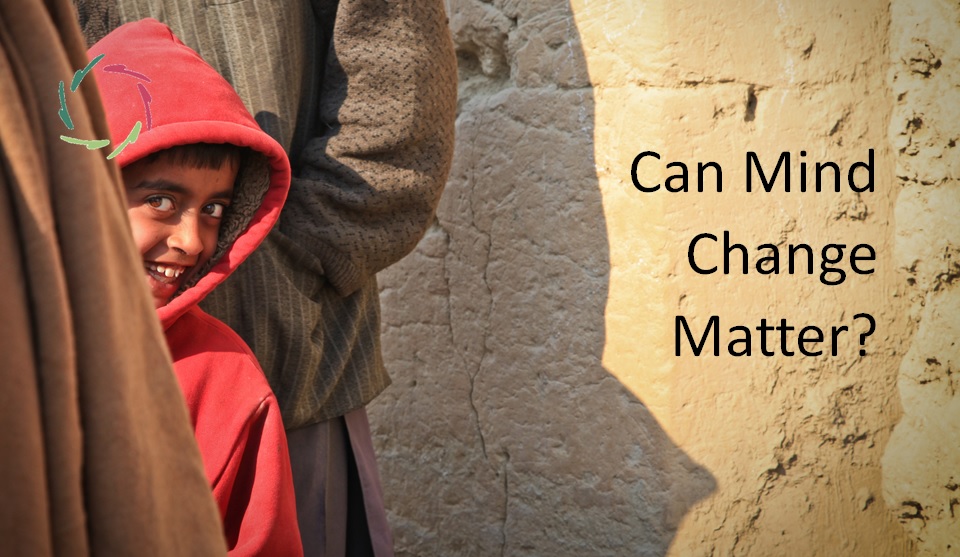Rational versus Conceptual

The difference is crucial yet frequently neglected. Any rationally minded person should find this of utmost importance.
Western enlightenment tends to find rationality in exclusively conceptual thinking.
Of course, in nothing does reality give the guarantee that it can be caught in mere concepts. This is only about human beings thinking so. [see: “About Concepts”]
The enlightened aim was, from the start, a reaction against the negative outgrowths of vagueness. That’s a good start, but vagueness is different from subtlety. [see: “Subtlety“]
Non-conceptual (‘subconceptual’) thinking may be crucial.
For instance, as a necessary element of Compassion. In a purely conceptual world, we lose the latter. The consequence may be the roboticization of many individuals and society as a whole.
In purely conceptual rationality, we lose depth, and meaningfulness itself. [see: “No Rationality without Poetry”]
What is the meaning of that?
Doing so under the guise of rationality is a gross abuse of the latter ― even more so if in an organized way. Moreover, it puts rationality in such lousy daylight that many people run away from it as if it’s filth. This makes things even more difficult for those who wish to be truly rational.
Historically, the Enlightenment era was followed by Romanticism.
Again, as a reaction against the negative outgrowths of the previous period.
Over time, we can see this issue repeating itself in the West. An exaggeration to one side pushes the pendulum to the other. I see the pendulum swing between conceptual and subconceptual.
Rationality doesn’t fare well in this.
Nevertheless, I look at rationality as the only way out. For this, we need to see it as distinct from conceptuality. Only by doing so can we bring both sides of the pendulum together in an intrinsic combination – a profound synthesis and a turn towards a much more helpful direction.
That synthesis will be purely rational. It will also be purely depth-oriented. [see: ‘AURELIS USP: ‘100% Rationality, 100% Depth’] It will also enable us to truly understand complexity and its consequences in many fields, such as healthcare.
Without this, many essential – and even more and more existential – problems only grow bigger.
Science should be based on rationality, not conceptuality.
Unfortunately, in medical research, science is almost exclusively seen as conceptual, with an allergy to theory ― as if concepts and numbers are not always preceded by theory.
If the theory is not made explicit, then it’s implicit. That’s the worst situation of all.
We see the results in psycho-somatics.
Of course, it’s excellent to conceptualize as much as possible.
It enables us to see better.
However, grossly over-conceptualizing makes us blind.


